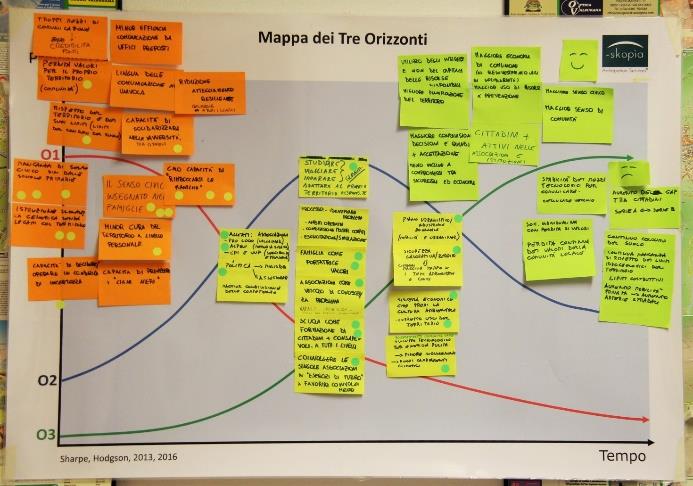LIFE FRANCA is a European project focusing on flood risk anticipation and communication in the Alps. Realising that complete safety cannot be guaranteed, the project promotes a culture of environmental risks prevention in the Alps, with the objective of anticipating disasters and improving the safety of the region and the public.
The aim of LIFE FRANCA is to prepare the population for flood events in Trentino through a process that will involve the participation both of the public and of specialists and administrators.The results of this pilot project can be applied to other regions, as well as other natural risks related to climate change.
LIFE FRANCA did run 43 focus groups, with the intent of gathering perceptions and opinions about (A) the possible crises in the current systems of risk communication and management by local communities, (B) qualitative elements of desirable futures and (C) suggestions about innovations and partnerships to cultivate those desirable futures. Such "strategic conversations" were articulated through a tailored facilitation approach adapted from the framework "Three Horizons".
Figure 11. The "Three Horizons" framework and an example of focus group result (a "3H map").
The 43 focus groups involved 461 people, including citizens, specialists, teachers and students, and local administrators, conveying 1949 ideas (each one written on a post-it).
The main concerns for the next years, expressed in the focus groups, included social capital (solidarity or reciprocity), citizen's knowledge, and effectiveness of communication threatened by an apparently increasing individualism, viral fake news and misuse of social networks.
In the 2040 visioning, participants identified desirable conditions such as better tools and knowledge, spread of knowledge and awareness, and an improved institutional capacity.
In the transition from the 2019 concerns towards the desirable 2040, several partners were recognized, firstly public administrations and education system. These include administrators and politicians, teachers, educators, and people in charge for education programmes. Among the variety of proposals, these partners may create coalition in developing (or renovating) a "civic education", in schools as well in local communities, for pro-active and inclusive citizens, aware of possible natural hazards, prepared to self-protect and to assist the peers and the neighbours in case of need.
All participants were enthused by the used approach, finding a total novelty thinking about possible futures, in groups, sharing concerns and aspiration, and trying to identify their role and allies in the responsibility for better futures and resilient communities. Many were inspired to replicate the approach for other issues (such as visioning and planning in schools, volunteer organizations, municipal government, territorial management).



